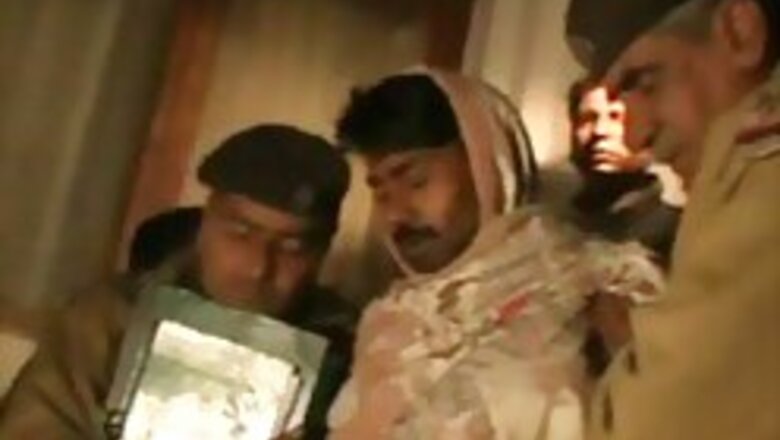
views
Kathmandu: Poor Nepalis working at carpet factories on the outskirts of Kathmandu are among the many victims who are lured to India with promises of handsome payment in exchange for one of their kidneys.
Some end up getting far less than promised. Still others are taken to India with promises of good jobs, but end up being robbed of one of their kidneys.
Like many of his co-workers, Milan Tamang of Nijgarh, Bara, saw nothing wrong in selling one of his kidneys. When kidney traders offered him Rs 1,00,000 for his kidney.
Tamang (29), whose income as a carpet factory worker at Jorpati was barely enough to feed his family, took it as an opportunity to make a quick pile.
As per the deal, one Deepak Paudel of Belbari, Morang district, escorted him to Sunauli on the Nepal-India border, and handed him over to some Indians who took him onwards to Chennai, India.
After keeping him for 15 days in a room in the city, Tamang was taken to a hospital, the name of which he doesn't know.
There, one of his kidneys was taken out and donated to an unknown woman from Delhi, Kantipur Online reported. The kidney brokers handed Tamang just Rs 25,000.
"I was totally shaken, but could do nothing," said Tamang, who returned to Kathmandu in November 2007 after spending nearly three months in the Chennai hospital. "I had fallen into a trap set by the kidney traders," he said.
Carpet factories in the outskirts of Kathmandu have become the vortex of the kidney trade in Nepal. According to Sushil Rai of Khotang, who works in a carpet factory at Jorpati, more that 70 workers in the area had already sold one of their kidneys.
"It is particularly illiterate individuals from rural areas who are falling prey to kidney traders," he said.
Many individuals end up parting with their kidneys in India without their consent. According to factory workers, many Nepalese are taken to India with the promise of good jobs, only to be duped later into parting with their kidneys.
According to Uma Prasad Chaturbedi, Deputy Superintendent of Police at Police Headquarters, Naxal, kidney racketeers use two strategies to lure victims. The first is making a direct deal: offering Rs 70,000 to Rs 80,000 to the poor willing to donate a kidney.
Second is stealing: taking victims to India promising them good jobs, feeding them pills that cause stomach pains, and then taking them to hospital for 'treatment' and stealing their kidney.
''Kidney trading started in Nepal nearly seven years ago. By now, it has put down firm roots in the country,'' said the cop who arrested members of a major kidney racket in Kathmandu last year.
In the third week of January this year, Indian police busted a major kidney transplant racket in Gurgaon, Haryana. Among those arrested were some Nepalis, reportedly cooks by vocation. Indian police believe that the racket kingpin, one Dr Amit Kumar who is still at large, had a network in Nepal.
















Comments
0 comment